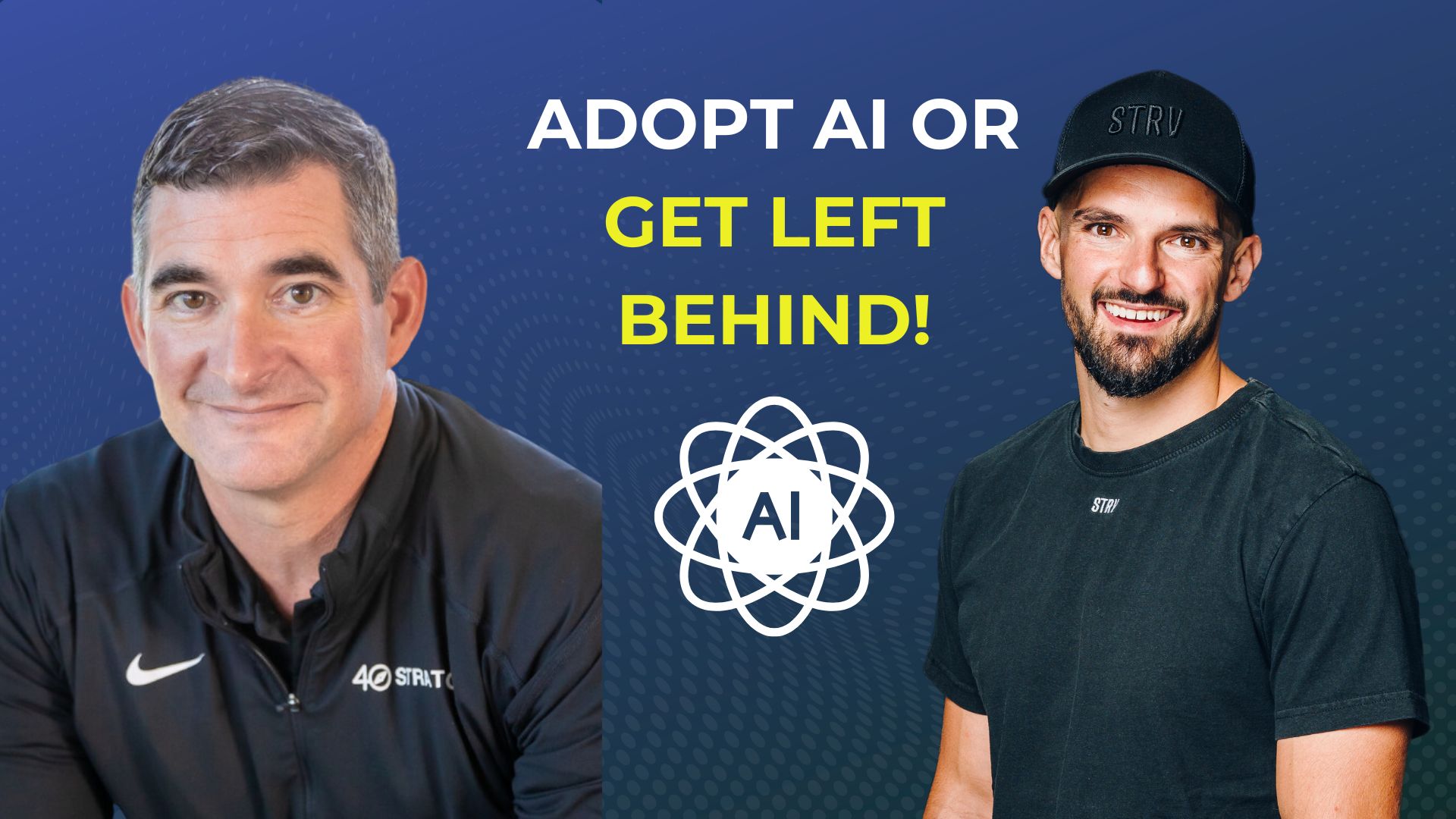Leadership Growth Starts with Understanding: Insights from Mark J. Silverman
Welcome to the $4M Strategies™ podcast, Carl J. Cox, CEO of 40 Strategy and 40 Accounting, explores proven strategies to help leaders and teams achieve success. In this episode, Carl is joined by Mark J. Silverman, coach, speaker, and author of The Rising Leader Handbook. Together, they discuss how third-party team assessments like the Enneagram, DISC, and 360 Feedback can help leaders uncover blind spots, improve communication, and expand their leadership potential.
Why Third-Party Team Assessments Matter
Leadership requires more than technical skills and experience. It’s about understanding yourself, your team, and how you interact with one another. According to Mark, many leaders struggle to recognize their “default behaviors”—the natural tendencies that guide their decisions and interactions.
Third-party assessments offer a clear, unbiased perspective on these behaviors. Tools like the Enneagram and 360 Feedback help leaders uncover their motivations, triggers, and communication styles, creating a foundation for personal growth and stronger team dynamics.
Mark highlights the importance of knowing your starting point. “Until you know where you’re starting from, you can’t expand your range,” he explains. Understanding your core tendencies allows you to adapt to different situations, which is a hallmark of effective leadership.
The Enneagram: A Deeper Look
Mark’s preferred tool, the Enneagram, goes beyond behavior analysis to explore the core motivations that drive individuals. It categorizes people into nine personality types, each with its own strengths, challenges, and default tendencies.
This tool helps leaders understand:
- Why they respond to challenges the way they do.
- How their motivations influence their leadership style.
- Where they need to adapt to better support their team.
For example, a leader identified as an Enneagram Type 3 (“The Achiever”) might focus on results above relationships. Recognizing this tendency allows them to balance their approach, fostering better connections with their team while still driving performance.
360 Feedback: A Game-Changer
Mark emphasizes the value of 360 Feedback, a tool that collects input from peers, subordinates, and supervisors to provide a comprehensive view of a leader’s impact.
Often, leaders are surprised by how they are perceived by others. Mark explains, “The feedback might not reflect who you are or what you mean to be, but it shows how the world sees you.” This awareness is crucial for making meaningful changes that improve relationships and team outcomes.
The key to success with 360 Feedback is focusing on three areas to improve over a short period—usually three to six months. Mark notes that this targeted approach delivers rapid, tangible results.
Expanding Your Leadership Range
Great leaders aren’t confined by their personality type or default behaviors. They adapt to fit the needs of their teams and situations. Mark’s approach encourages leaders to expand their range by recognizing their strengths and intentionally developing new skills.
For example:
- A “driver” who tends to dominate discussions might learn to listen more actively.
- A “supporter” who avoids conflict might practice asserting themselves in high-stakes situations.
Mark believes that leadership is about being who your team needs you to be in the moment. With the right tools and mindset, leaders can become more flexible and effective.
Common Challenges in Team Assessments
One obstacle Mark encounters is when leaders feel boxed in by their personality assessment results. They might worry that the labels define them or limit their potential. Mark reframes this challenge as an opportunity.
“The beauty of these assessments,” he says, “is that they provide a starting point, not a limit. Once you understand the box, you can work to expand beyond it.”
Another challenge is helping leaders accept feedback, especially when it’s critical. Mark uses assessments to depersonalize feedback, framing it as actionable data rather than personal criticism. This approach allows leaders to focus on growth without feeling defensive.
Key Takeaways from This Episode
- Self-awareness is the foundation of growth: Tools like the Enneagram and 360 Feedback provide the insights leaders need to grow.
- Empathy builds stronger teams: Understanding personality types fosters better communication and collaboration.
- Adaptability is key: Expanding your leadership range helps you meet the needs of diverse situations.
- Feedback drives change: Focusing on a few key areas can lead to rapid improvement.
Real-World Examples
Mark shares stories of leaders who transformed their approach using assessments. One executive, known for being a “bull in a china shop,” used 360 Feedback to recognize how their behavior affected their team. By addressing three key areas, they improved relationships and team performance in just a few months.
Another leader, identified as an Enneagram Type 2 (“The Helper”), learned to set boundaries and delegate more effectively, reducing burnout while empowering their team.
These examples demonstrate how third-party assessments can create actionable paths to growth.
Ready to Grow as a Leader?
If you’re ready to unlock your leadership potential, this episode is a must-listen. Third-party team assessments provide the clarity and direction you need to improve yourself and your team.
Want a team assessment? Check out our Trusted Partners on our website. Want to be one? Start Now.
🎧 Listen Now to discover practical strategies that drive results.
Connect with Mark:
Listener Feedback:














